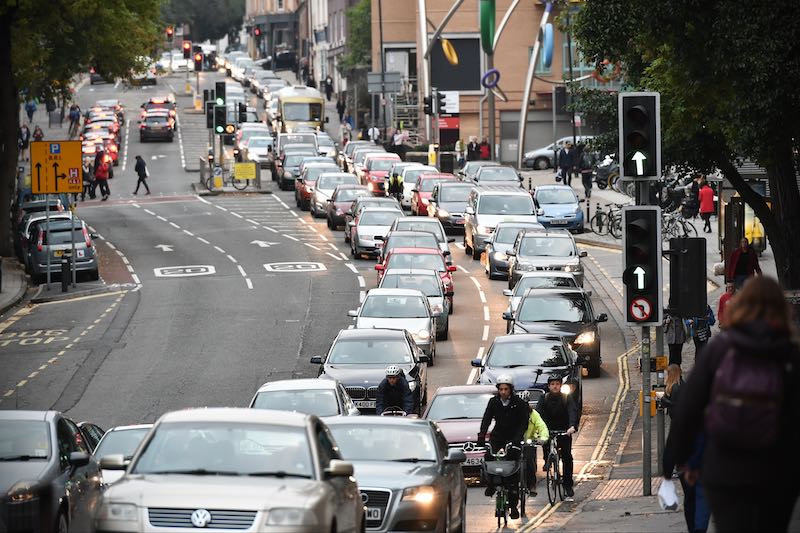Government to Accelerate Ban on Petrol and Diesel Vehicles to 2030

The government will bring forward the ban on new petrol, diesel and hybrid vehicles by five years to 2030, to accelerate the transition to electric vehicles and stimulate the economy, reports suggest.
Prime Minister Boris Johnson is expected to announce the earlier phase-out date sometime this autumn, as part of a series of clean energy policies to back up a promised green recovery from the coronavirus crisis.
The UK was initially scheduled to ban the sale of new petrol and diesel vehicles by 2040, a commitment made in 2017.
In February the government announced it would bring forward this ban to 2035 and extend it to hybrid vehicles. The Committee on Climate Change (CCC), the government’s independent climate advisors, had argued that the later date would jeopardise the UK’s ambition of hitting net-zero emissions by midcentury.
However, the 2035 date has attracted criticism from other political parties and environmental groups, which have urged a 2030 or 2032 suspension.
Last week Labour stepped up its support of a 2030 ban of vehicles with internal combustion engines. Frontbenchers Matthew Pennycock, Kerry McCarthy, and Alan Whitehead addressed a letter to the Transport Secretary, arguing that 2030 is an "ambitious and achievable" date for the phase-out.
A later date could harm the UK car industry and compromise the country’s leadership on climate issues ahead of the crucial COP26 summit in Glasgow next year, they said.
Labour’s call came the same week that campaign groups Greenpeace and Green Alliance published an analysis considering three possible deadlines—2030, 2032 and 2035—and concluding that only the earliest would enable the UK to meet its 2050 net-zero target.
With transport responsible for a third of all emissions, phasing out polluting vehicles from the beginning of the next decade is “the single most important measure” the government can introduce to keep its statutory climate goals on track, the report concluded.
The CCC had also adjusted its recommendation, suggesting in June that the phase-out must be delivered by “at least 2032.” More than 100 Conservative MPs and oil and gas giants Shell and BP have also urged an earlier date.
Now the government appears to have heeded these calls, after receiving assurances that the UK’s infrastructure can cope with a transition to electric vehicles.
The widespread use of electric vehicles is expected to increase the UK’s peak power demand from just under 60GW today to 85GW by 2050, according to National Grid forecasts.
Graeme Cooper, director of National Grid’s electric vehicle project, told the Guardian that the grid “suitably robust” to deal with this higher demand. National Grid is “confident that a faster transition is possible,” he added.
Read on our blog

With the government poised to implement tough new measures to...

Budget broadband provider TalkTalk has been notifying customers via email...

A year-long investigation by charity Citizens Advice has revealed a...

Education Secretary Nadhim Zahawi has announced a new commitment to...
